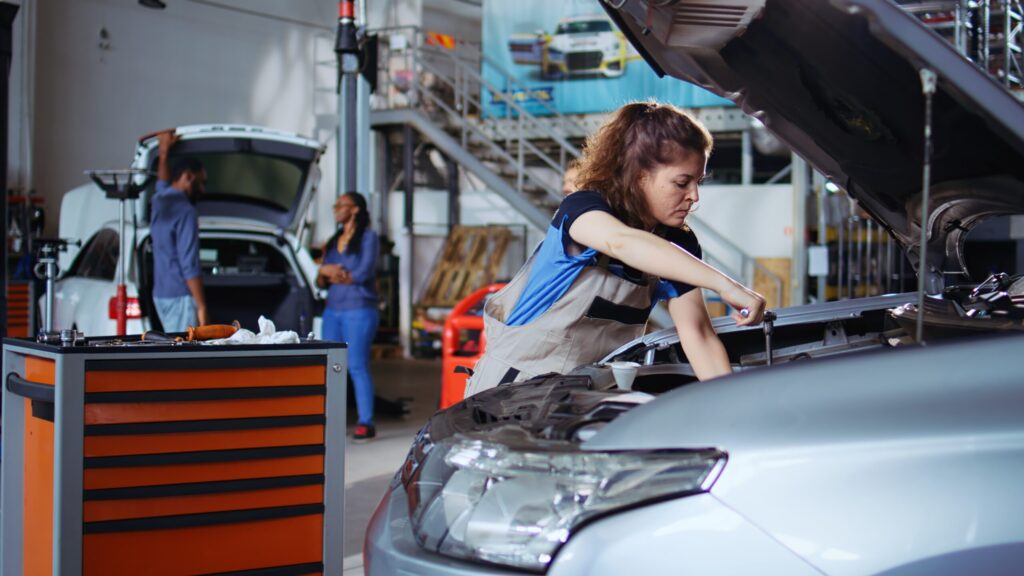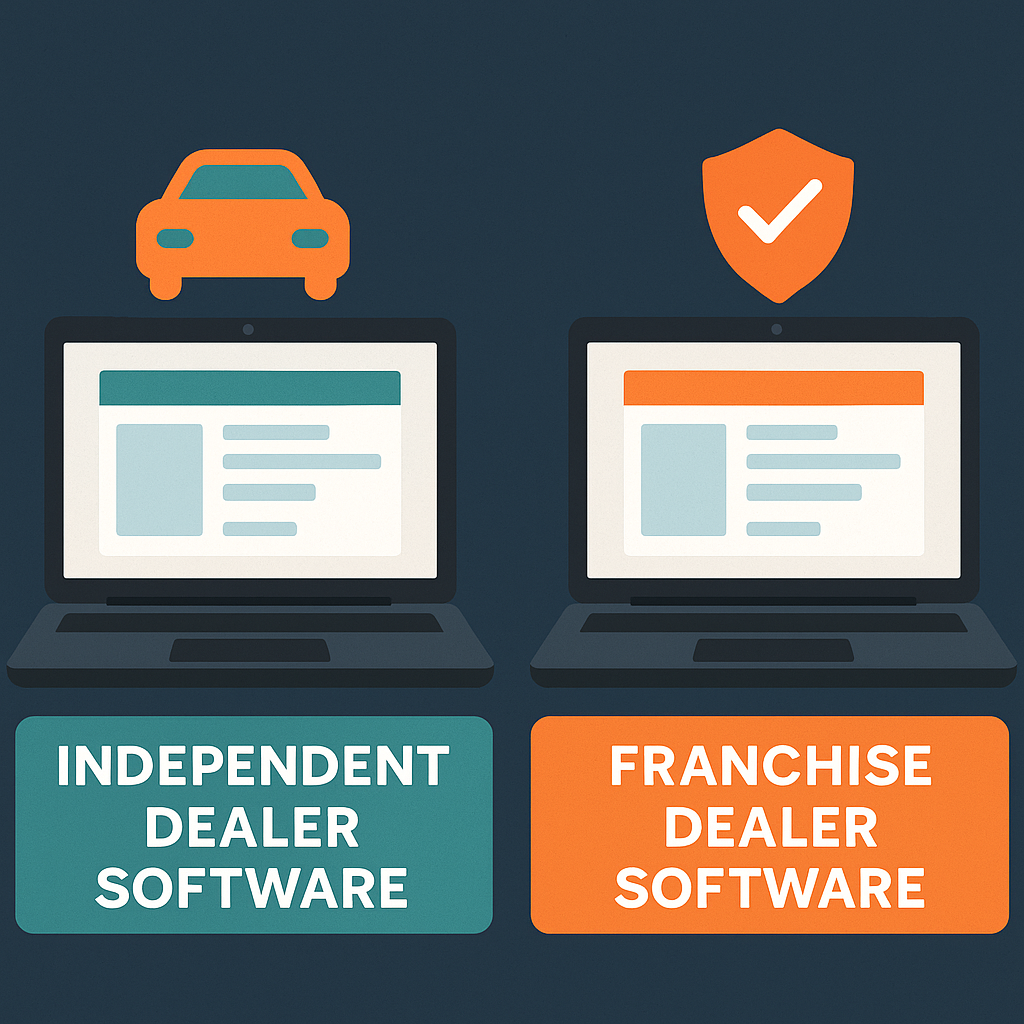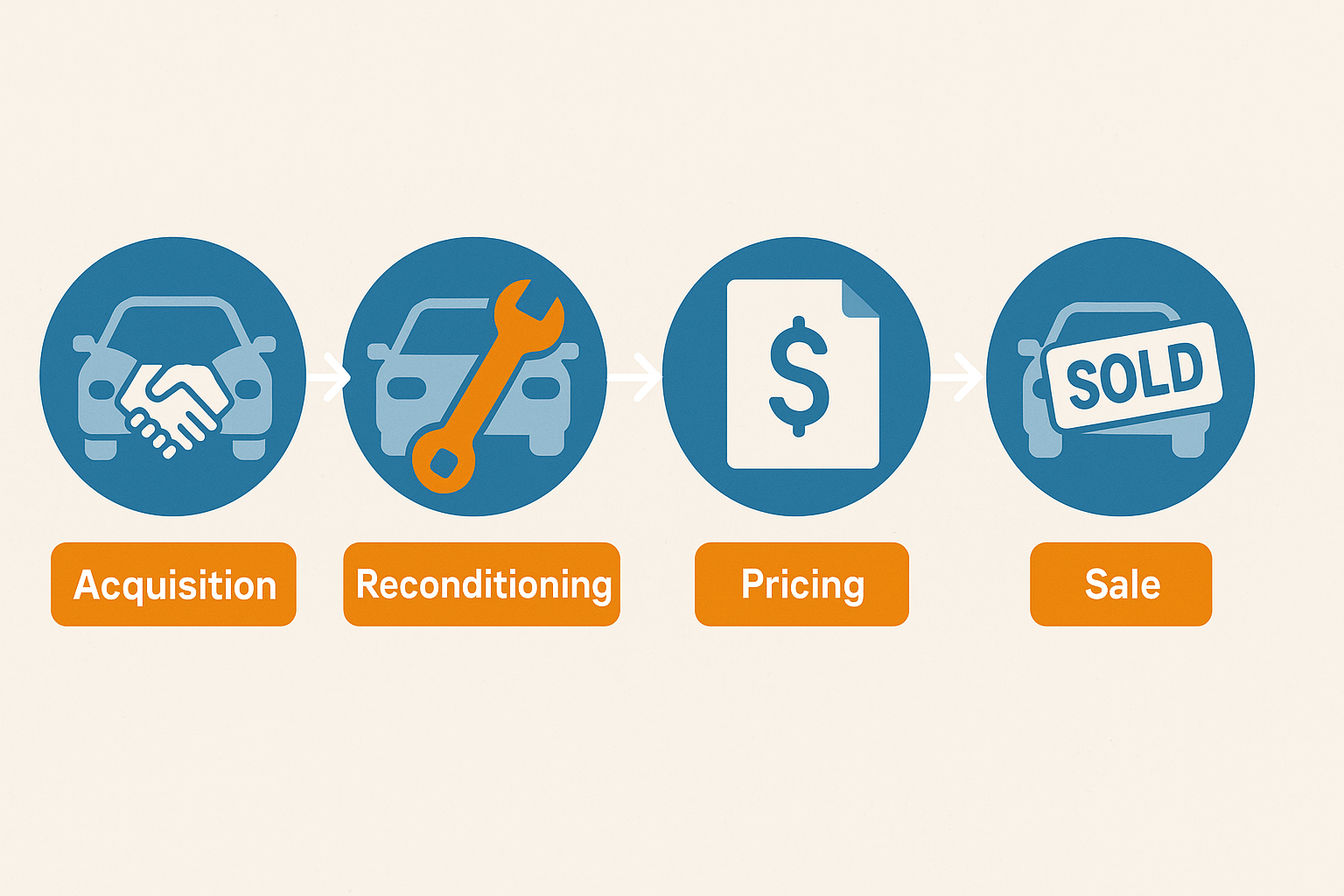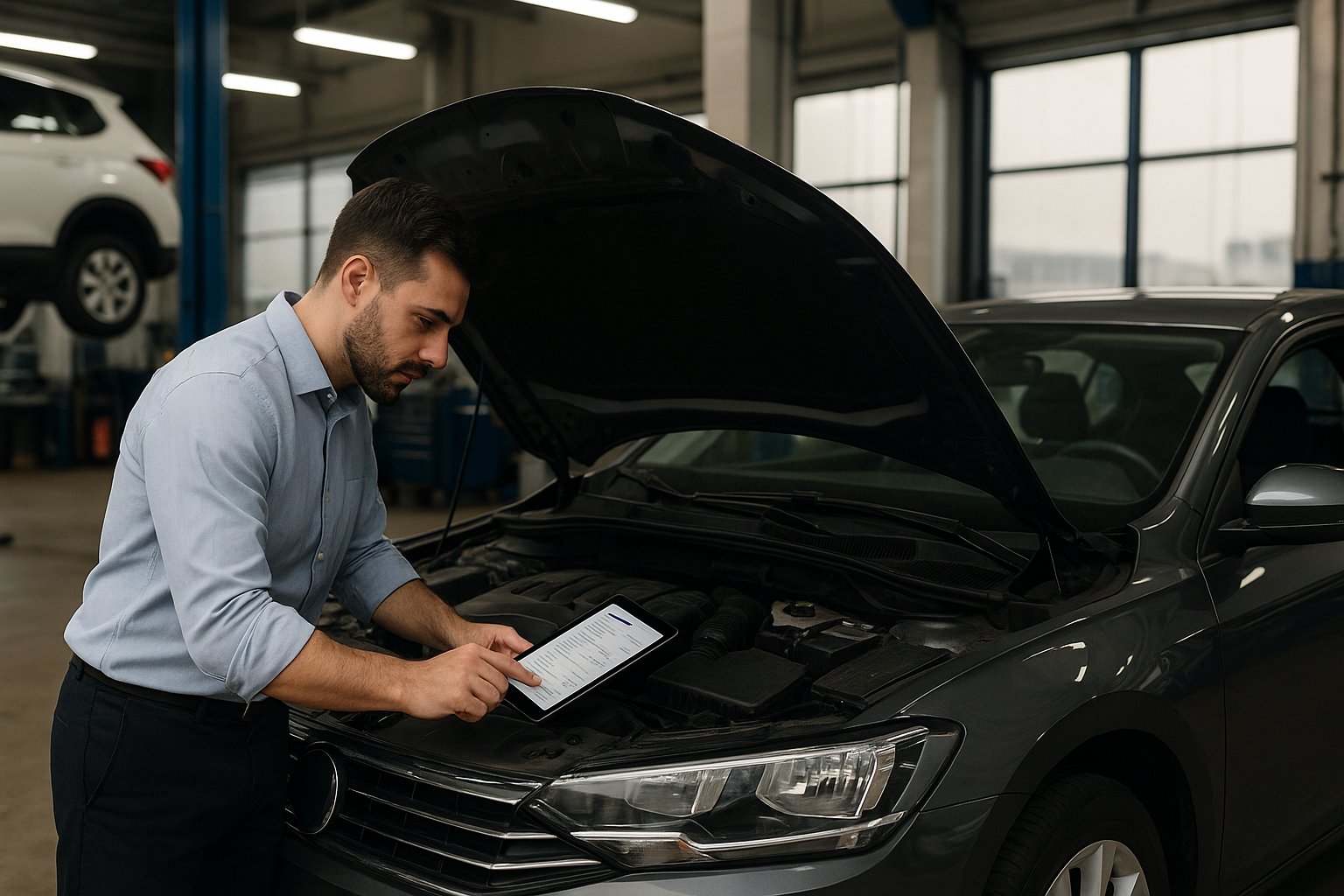In the automotive industry, vehicle reconditioning is a critical process that transforms used cars into appealing, retail-ready units that attract buyers and maximize profits. This comprehensive guide will explore what vehicle reconditioning involves, why it’s crucial for car dealerships, and how it can benefit car owners and managers.
The Basics of Vehicle Reconditioning
Vehicle reconditioning refers to the thorough cleaning, repairing, and upgrading of a used car to improve its marketability and ensure it meets safety standards. The process typically includes a combination of mechanical, cosmetic, and detailing tasks designed to bring a vehicle as close to new condition as possible.
Key Steps in the Reconditioning Process
- Assessment: The process begins with a detailed inspection of the vehicle to identify any mechanical issues, exterior blemishes, and interior wear and tear.
- Mechanical Repairs: Essential mechanical repairs are undertaken to ensure the car runs smoothly and meets all safety standards. This may include engine and transmission work, brake replacement, and ensuring all electrical components function correctly.
- Body Work: Dents, scratches, and other exterior damage are repaired. This often involves body filling, sanding, and repainting.
- Detailing: A deep cleaning of the vehicle’s interior and exterior, including waxing, vacuuming, and steam cleaning, to restore aesthetic appeal and hygiene.
- Upgrades: Installing new parts or features can increase a car’s value and appeal, such as new tires, infotainment systems, or upholstery.
Why is Vehicle Reconditioning Important?
For Dealers and Managers
Reconditioning is more than just making a car look good. It’s about adding tangible value to the vehicle, which can lead to quicker sales and higher profit margins. Well-reconditioned cars often sell faster because they are more attractive to buyers who are looking for vehicles that are ready to drive without additional investments.
Increased Customer Satisfaction and Trust
Offering professionally reconditioned cars helps build trust and loyalty among customers, enhancing the dealership’s reputation. Buyers feel more confident purchasing a vehicle that has gone through a comprehensive reconditioning process, knowing it meets a high standard of quality and safety.
For Owners
For individual car owners, reconditioning before selling a vehicle can significantly increase its market value. Even for those not looking to sell, reconditioning can be a way to rejuvenate an older vehicle, improving its functionality and extending its life.
The Impact on Inventory Turnover and Profitability
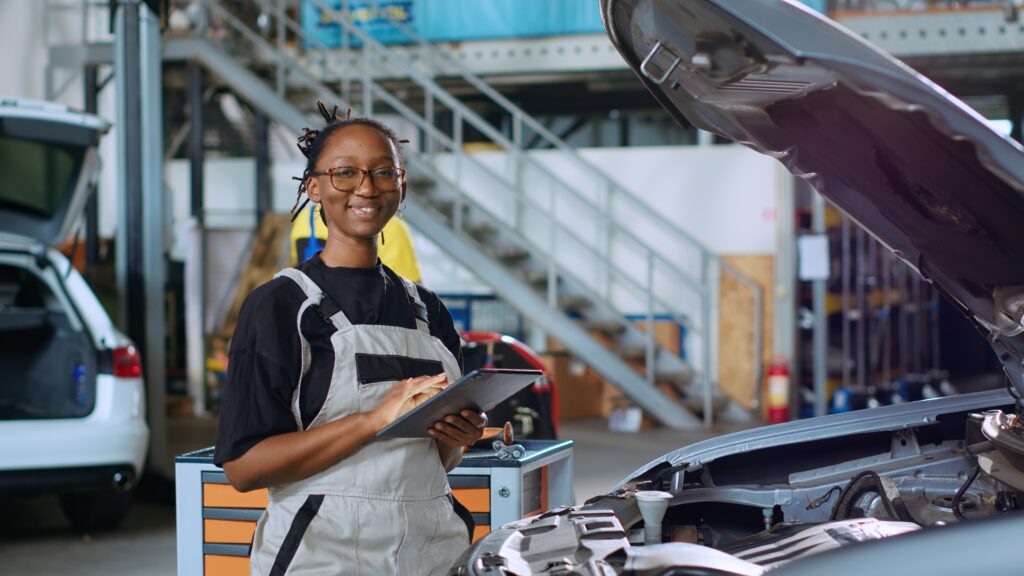
Inventory turnover is a critical metric for any dealership. Vehicles that linger on lots can cause financial strain due to ongoing depreciation and financing costs. On the other hand, efficient, effective reconditioning helps dealerships minimize the time cars spend in inventory, thus reducing holding costs and boosting profitability.
Choosing the Right Reconditioning Services
Selecting the right vendor or setting up an in-house team for reconditioning requires careful consideration. Here are a few tips:
- Experience and Reputation: Choose services with a proven track record and excellent reviews.
- Comprehensive Services: Ensure the provider can handle all aspects of reconditioning.
- Cost-effectiveness: Analyze the cost versus the potential increase in vehicle value.
- Turnaround Time: Consider the efficiency of the service to reduce inventory holding times.
Carketa’s Role in Revolutionizing Reconditioning
Carketa offers cutting-edge tools that streamline the reconditioning process for dealerships. With our technology, dealers can track each step of the reconditioning process, from initial assessment to final detailing, ensuring no details are missed. This not only speeds up the process but also enhances transparency allowing managers to monitor costs and efficiency.
Conclusion
Vehicle reconditioning is an essential element of the automotive sales industry, crucial for maintaining vehicle quality and maximizing dealership profitability. By investing in thorough reconditioning processes, dealers can enhance their inventory’s appeal and sell vehicles faster. This also shows great outcomes from higher customer satisfaction and increased sales. For car owners, reconditioning is a savvy strategy to increase the vehicle’s life and market value. Specifically, ensuring they get the best return on their investment.
With the right approach and tools, such as those provided by Carketa, vehicle reconditioning can transform the way dealerships and car owners view and manage used vehicles, turning potential into profit.
Explore related articles to learn more about software solutions for car dealerships:
